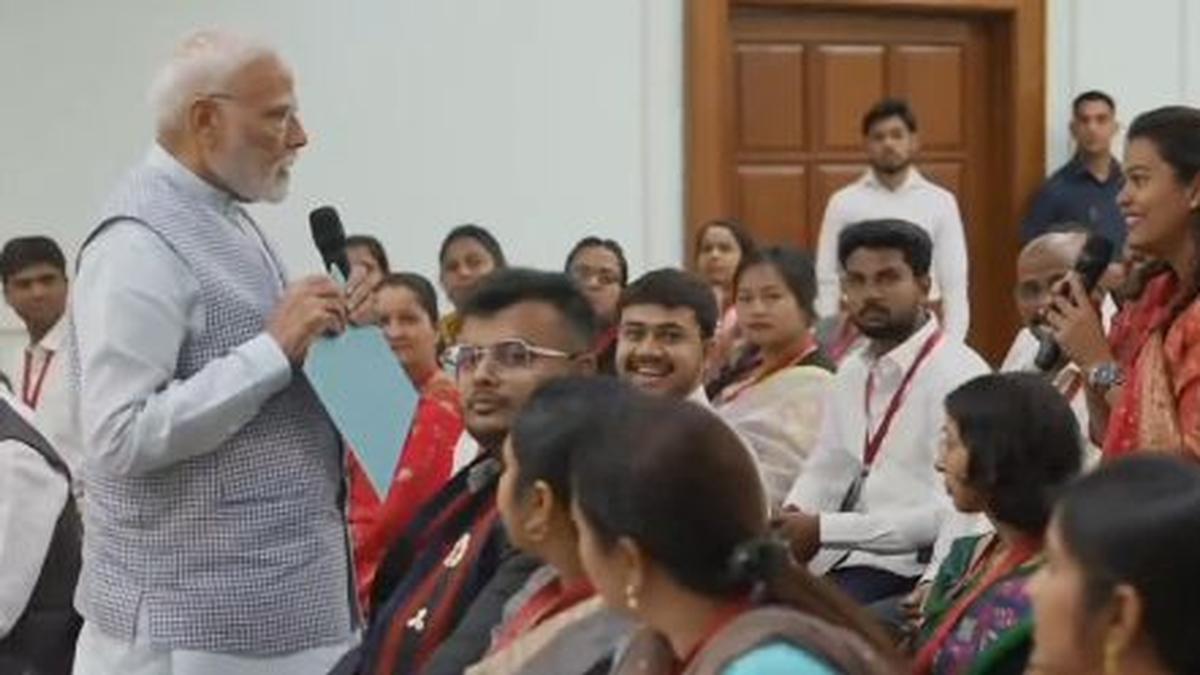Many people who want to have children can’t, or shouldn’t, carry a pregnancy for a variety of reasons. Gestational surrogacy can be a great option for those individuals — if they can endure the lengthy wait times and afford to pay for the costly service. New York-based Nodal looks to make the process less expensive, more transparent, and faster.
Nodal is a marketplace for prospective parents to get matched with vetted surrogates. Nodal founder and CEO Dr. Brian Levine told TechCrunch that his company wants to fix the industry’s supply-and-demand problems.

Nodal takes the same technology-driven approach as life insurance companies to vet potential surrogates, Levine said, which speeds up the process and allows for more surrogates to be available. The marketplace approach also provides transparency for parents to have more control over which surrogate they work with. Nodal also cuts out middleman costs and works with fertility benefit companies like Carrot, Maven, and Progyny to lower the costs for prospective parents.
Levine said Nodal is designed to help lower costs, even for people who are paying out of pocket. Users pay a $500 monthly fee until they find a match. Facilitating the match is $15,000, and those monthly payments chip away at that total. If users want Nodal to serve as a case manager, those services start at an additional $10,000. While still expensive, Levine said prior to launching Nodal, his patients were spending up to $180,000 for all of this.
“We have saved our intended parents over $5 million in fees,” Levine said. “We have saved them over a century of waiting time because we are running 45 days on average to match. The average in America is nine to 18 months. You can have a baby on the Nodal platform before you get off the waitlist at a Nodal competitor.”
Levine knows the space well as a still-practicing physician with a speciality in obstetrics and gynecology. He got the idea for Nodal back in 2021 when New York became the 48th state to legalize gestational surrogacy; only Louisiana and Nebraska still don’t allow the practice. While Levine originally was excited that the ruling would open up opportunity for his patients in the state, that’s not exactly what happened.
“I was totally jazzed by this whole thing,” Levine said. “Very quickly I realized that it was truly a broken system. The cost had gone from $75,000 to $150,000 overnight. The reason it got so expensive is because supply and demand took hold. We are the largest fertility market in America; it literally drove up the price all over the country.”
The price increases weren’t benefiting the surrogates but rather padding the pockets of the matching agencies. Levine thought there must be a way to make this process better for both sides using technology, which led him to work on Nodal; it’s named after the protein that must be present in the uterus to be able to carry a baby.
The product officially launched in September 2022, is available in all 50 states, and has since matched 108 hopeful parents with a surrogate. The average clinic matches 25 a year, Levine said.
Now the startup is announcing a $4 million seed extension round led by NFX that gives the company a $15 million post-money valuation. The round also included Amplo, Liquid 2, and Myelin VC, among others. The company has raised $8.7 million in total.
Levine said that Nodal wanted to hit $10 million in annual recurring revenue before it raised their Series A round. He added that they didn’t really need to raise this round but thought it made sense as a reproductive health company amid the uncertainty surrounding the results of Tuesday’s U.S. presidential election.
“I didn’t know how this election was going to sway,” he said. “It would be myopic to not raise for women’s healthcare before the world potential changes into what could be a very challenging time for reproductive health.”
The company will invest the funds entirely into the technology, Levine said. Nodal wants to increase its partnerships with fertility clinics, too, so that more people can easily get referred to Nodal when they are looking to build a family.
Despite demand, there seemingly aren’t any direct competitors for Nodal beyond traditional surrogacy agencies, which are still just scratching the surface. Levine estimated that the current system fulfills less than 10% of overall demand for surrogates, which means Nodal can grab substantial market share. But it has a long way to go.
“From a big picture perspective, what I hope people take away is this is a company that is completely focused on transparency, speed, and safety,” Levine said. “It’s unfortunate that the industry has gotten where it is today. It’s opaque, analog, and clunky. We recognize that we have the opportunity to really help people.”









![Best Weight Loss Supplements [2022-23] New Reports!](https://technologytangle.com/wp-content/uploads/2022/12/p1-1170962-1670840878.png)




